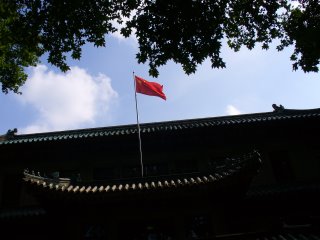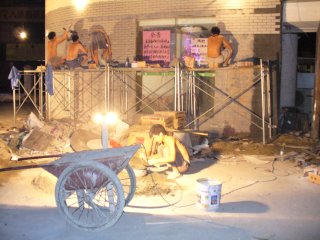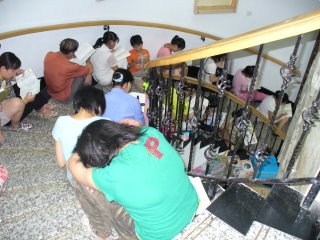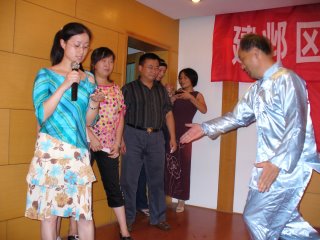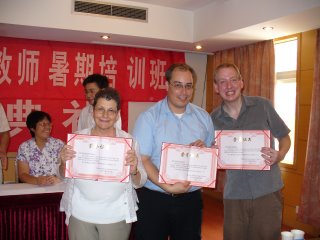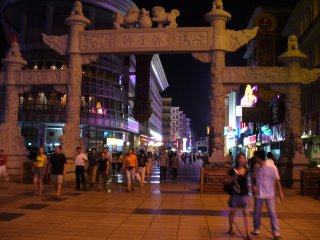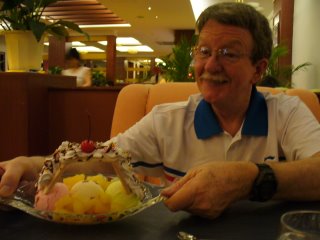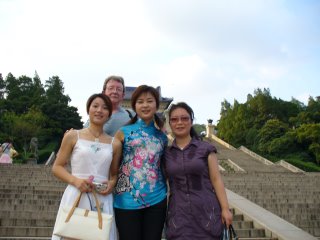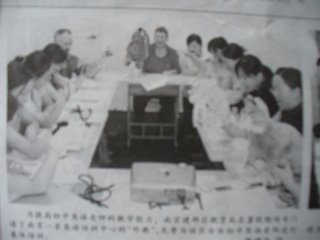
Motor vehicles are an ever-increasing presence in today's China, and this makes for a certain conflict between motorists, and the pedestrians and cyclists, who are still in the majority. Since right turns on red are permitted and drivers rarely yield to bikes or pedestrians, it can be terrifying to cross a street, even when one has a green light. There are all sorts of traffic laws-- even one requiring cyclists to wear ponchos in rain. But laws supporting bike and walker safety are seldom enforced, unless there's an accident. The police are not especially swift in dealing with problems stemming from traffic. Last night, there was an accident near my apartment, and it took over forty-five minutes for officials to arrive.
In part, the problem stems from the pace at which cars have become common. Policies have not caught up with what's happening. In addition, there's the Chinese attitude toward law. This society values individual solutions to problems over the rule of law and does not aspire to uniform practice. One day, an official asked me to stop taking photos in a museum while Chinese visitors were allowed to do so. A Chinese colleague who was also present snapped a few pictures, then told a guard I was with an American university, and I resumed taking photos. I wanted to know rule was. My colleague shrugged. It was an individual situation; an official had thought pictures should not be taken by Westerners.
In this environment, drivers apparently view traffic rules not as laws, but more as suggestions. Above: minivans, which one sees in increasing numbers fuel at a filling station. Below: the traditional Nanjing method of transporting goods.
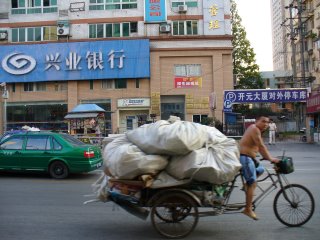
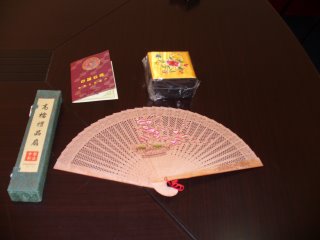
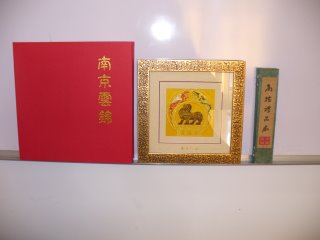 ouch.
ouch.
